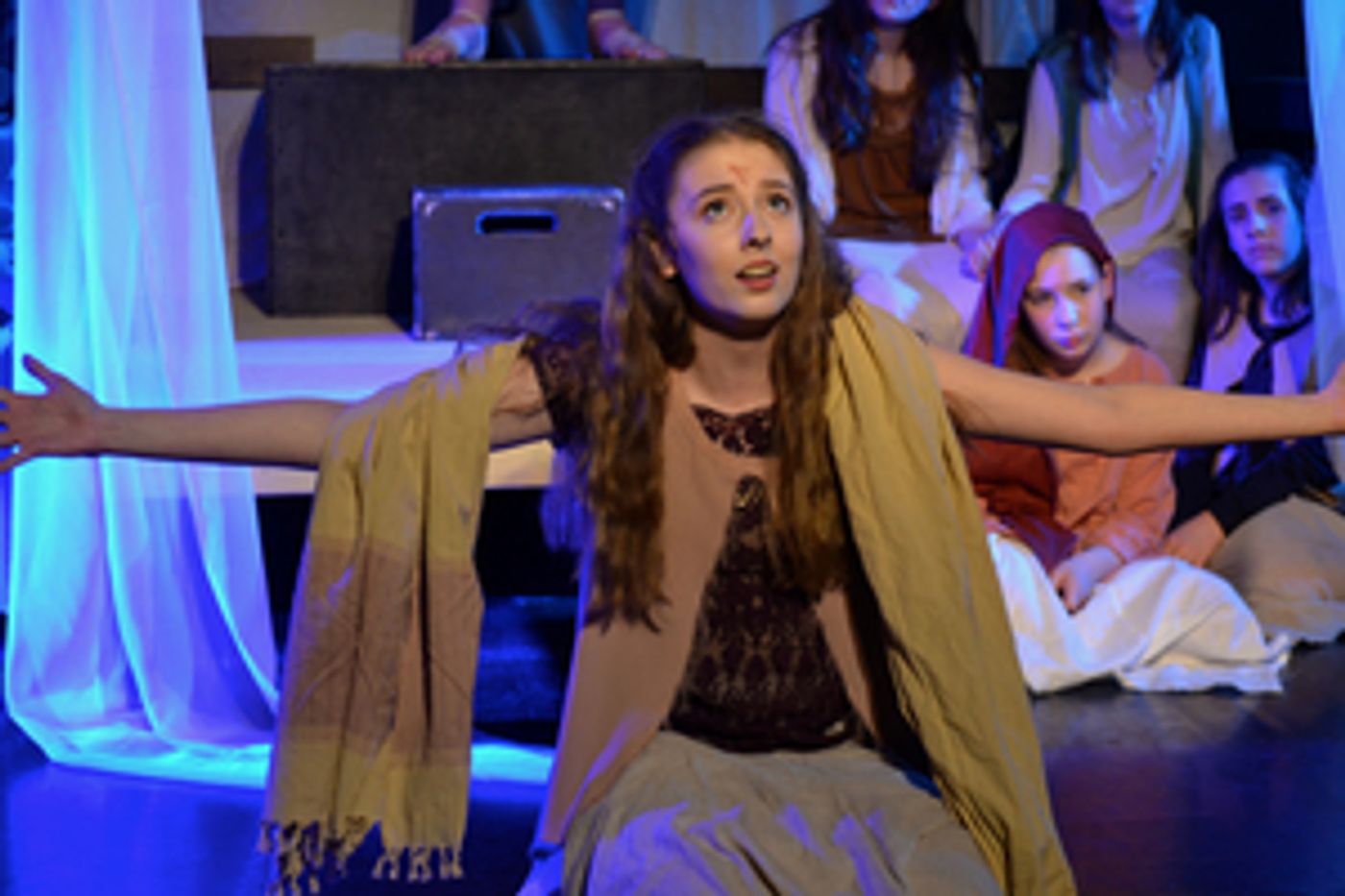
We tried ballet and jazz. Nope. We tried soccer. Not happening. Next came the cooking classes, piano, gymnastics, pottery, tennis, and circus arts. Should I go on?
Yeah, we were one of those families. You know the ones, right? The ones that enroll their children in every imaginable activity so they can find their "thing." Because, well, you know, if you don't start "training" by age three...
Nothing was sticking. After a few classes, we had to beg, bribe, and cajole our daughter to complete the remaining sessions for which we had shelled out a king's ransom. Please tell me you've been there?
As our options dwindled, we took a stab at musical theatre. All at once, the dancing that earlier had been met with such disdain now had purpose. She was singing songs she actually liked to sing. In other words, it stuck. Hard.
That class catapulted our entire family into the musical-theatre-loving world we now inhabit. And it was good not only for our family, but I dare say for the world.
We have discovered firsthand the transformative power of theatre, and it offers hope for us all.
Belonging to a Community of Acceptance and Understanding
In working closely with a variety of troupes, theatre companies, and intensives, our daughter has been exposed to a much more diverse group of individuals than she ever was in her small, private school setting. It was in the theatre that she found her "people" that shared her love for performing.
And having found her tribe, she has been enveloped by one of the most welcoming and accepting communities we have experienced. It has given her the confidence to be her out-of-the-box self and comfortable in her own skin. It's a world of acceptance and understanding.
Exploring Different Viewpoints and the Development of Empathy
Because of the depths of relationships she formed with her theatre comrades, she's in a safe space to try inhabiting different characters. She's free to become vulnerable enough to do the deep work of an actor. And in exploring the differing perspectives of varied characters, she's developing the invaluable skill of being able to see the world through another's eyes. Plus, there's a unique kind of escapism she gets to experience by playing people so different from herself.
In a recent interview, actor Adam J. Levy, (National Tour of Waitress) indicated that he also found value in playing a character who has principles incompatible with his own. Levy serves as an understudy for three of the male leads in Waitress, including Dr. Pomatter, Ogie, and Earl.
When I asked about his preferred role, he explained, "The easiest fit for me is Dr. Pomatter. It's very much in my wheelhouse of what I'm comfortable with, whereas Ogie and Earl were not. Ogie being this sort of nerdy, clown-type... lovable but clownish. And Earl being this abusive husband who is really rough around the edges and kind of a dead beat. So, I thought well... those two will be tricky, but having done them, I actually really enjoyed playing Earl. There's something about kind of being a jerk and then getting to go home and be yourself afterward to kind of let off some steam that I really enjoyed."
When breaking down a character for a role, performers must consider the thoughts and emotions of the scripted individual. Adopting different personas and trying on their perspectives can lead to the development of a more profound sense of empathy. That perspective-taking ability will serve any child well not only as a performer but also as global citizens.
Promoting Social Change
As we journey deeper down the musical theatre path with our own Broadway hopeful, we are attending as many shows as we can squeeze into our budget and calendar. We have found that attending shows forces us to examine our own viewpoints and assumptions.
In fact, the findings of a 2012 study published in the journal Psychology of Aesthetics, Creativity, and the Arts (Heide, Porter, & Saito, 2012) suggests that this is a universal experience, and that musical theatre can have a positive impact on promoting attitudinal change on social issues.
I now confess that I am delighted that soccer, pottery, and tennis were hard passes for my daughter. Musical theatre has given our daughter, our family, and I genuinely believe - our world - a gift without parallel.
"To the world we dream about, and the one we live in now." -Orpheus, Hadestown